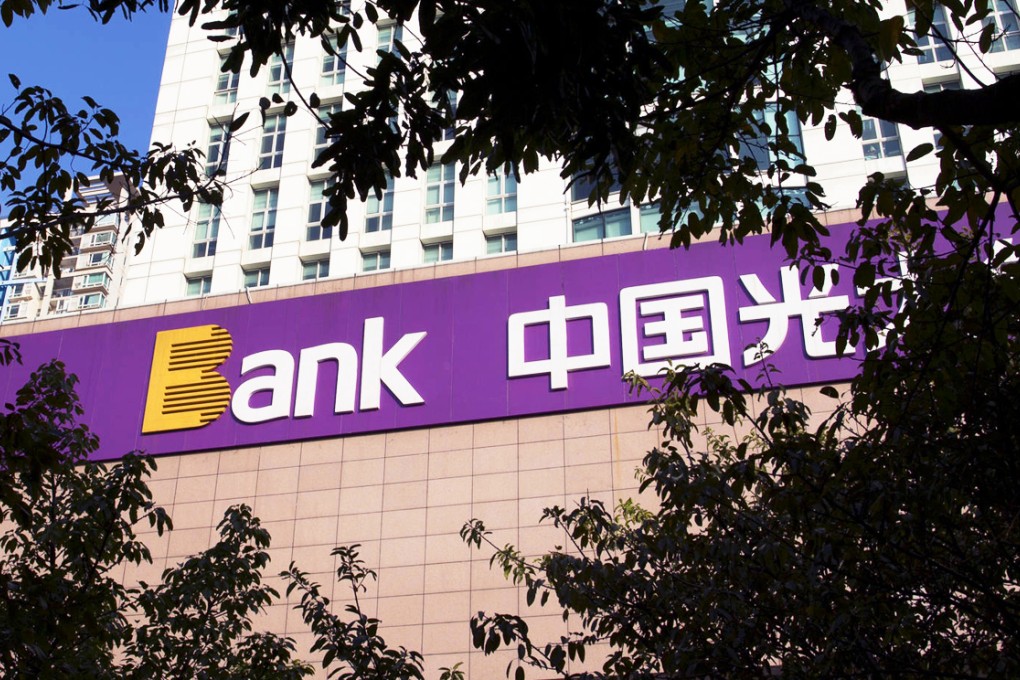Everbright overhaul seen as part of wider reform of state firms
Mainland conglomerate to restructure its shareholding and float unlisted assets in what is seen as a push to make state firms more transparent

China Everbright Group's shareholding restructuring announced late on Monday, and a planned flotation of assets not already listed, is aimed at improving its transparency, governance and efficiency as part of Beijing's push to deepen state-owned enterprise reform.

Zhao Huan, the group's executive director and president of China Everbright Bank, its crown jewel, told investors in September that the group aimed to complete the restructuring by the end of the year. It would also strive to realise the complete listing of its assets, he added, without giving a timetable. Details of how that will be achieved have not been spelled out.
He said the plan would allow the bank to speed up development and reap bigger efficiencies from cooperation within the group through sharing customer resources and information. Zhao also said the bank's financing capacity would be enhanced after the flotation of all the group's assets.
China Everbright Group's restructuring and flotation plan comes close on the heels of fellow central government-backed conglomerate Citic Group's injection of 227 billion yuan (HK$287 billion) worth of assets into Hong Kong-listed conglomerate Citic in August.
The move, which resulted in 99 per cent of the group's assets falling under the Hong Kong vehicle, was followed by a sale of Citic shares to strategic and financial investors to meet public float requirements under listing rules. The sale broadened Citic's shareholder base.